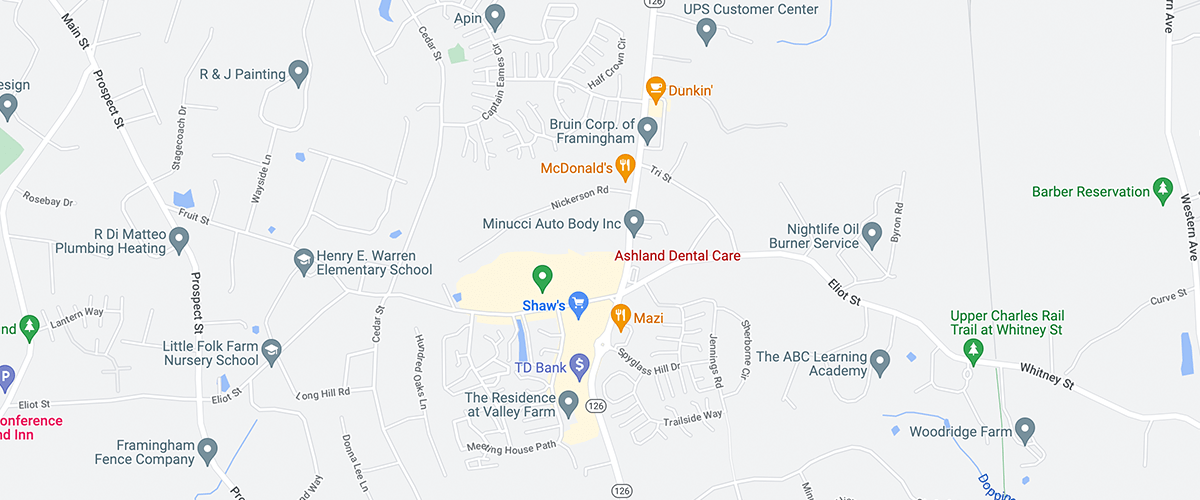Choosing the Dental Filling Option that's Best for You
August 2nd, 2023

Did you know there are as many types of dental fillings as there are flavors of ice cream? Okay, maybe that’s an exaggeration. Still, when you visit the dentist with a cavity, there are many filling options. Most of us just sit in the chair, open our mouths, and let the dentist work his or her magic. But have you ever stopped to consider what the dentist is filling and restoring your decayed or broken tooth with?
Five types of dental fillings
There are five basic kinds of dental filing material. The dentist decides which type to use based on the degree of the decay, the cost of the material, and the type of dental insurance you have.
- Dental amalgam, or silver fillings, have been used to fill cavities for more than 150 years. Dental amalgam is the most common type of dental filling. It's strong, durable, and less expensive than other types.
- Composite fillings, or white fillings, are popular because the color matches the rest of your teeth. Composite fillings are a combination of resin and plastic. They are more aesthetically pleasing than silver fillings, but are also less durable.
- Ceramic fillings are durable and visually appealing (tooth-colored), but they are expensive. They are made of porcelain and have been shown to be resistant to staining.
- Glass ionomers are typically used on children whose teeth are still changing. Constructed from glass and acrylic, glass ionomers are designed to last fewer than five years. The benefit of these dental fillings is that they release fluoride, which protects the changing tooth from further decay.
- Unless you’re a rock or movie star, gold fillings aren’t common. While a gold filling is durable, non-corrosive, and can last more than 15 years, it not only takes more than one dental visit to place, but, as you can imagine, it is expensive.
For more information about fillings, or to schedule an appointment with our doctor, please give us a call at our convenient Ashland office!



